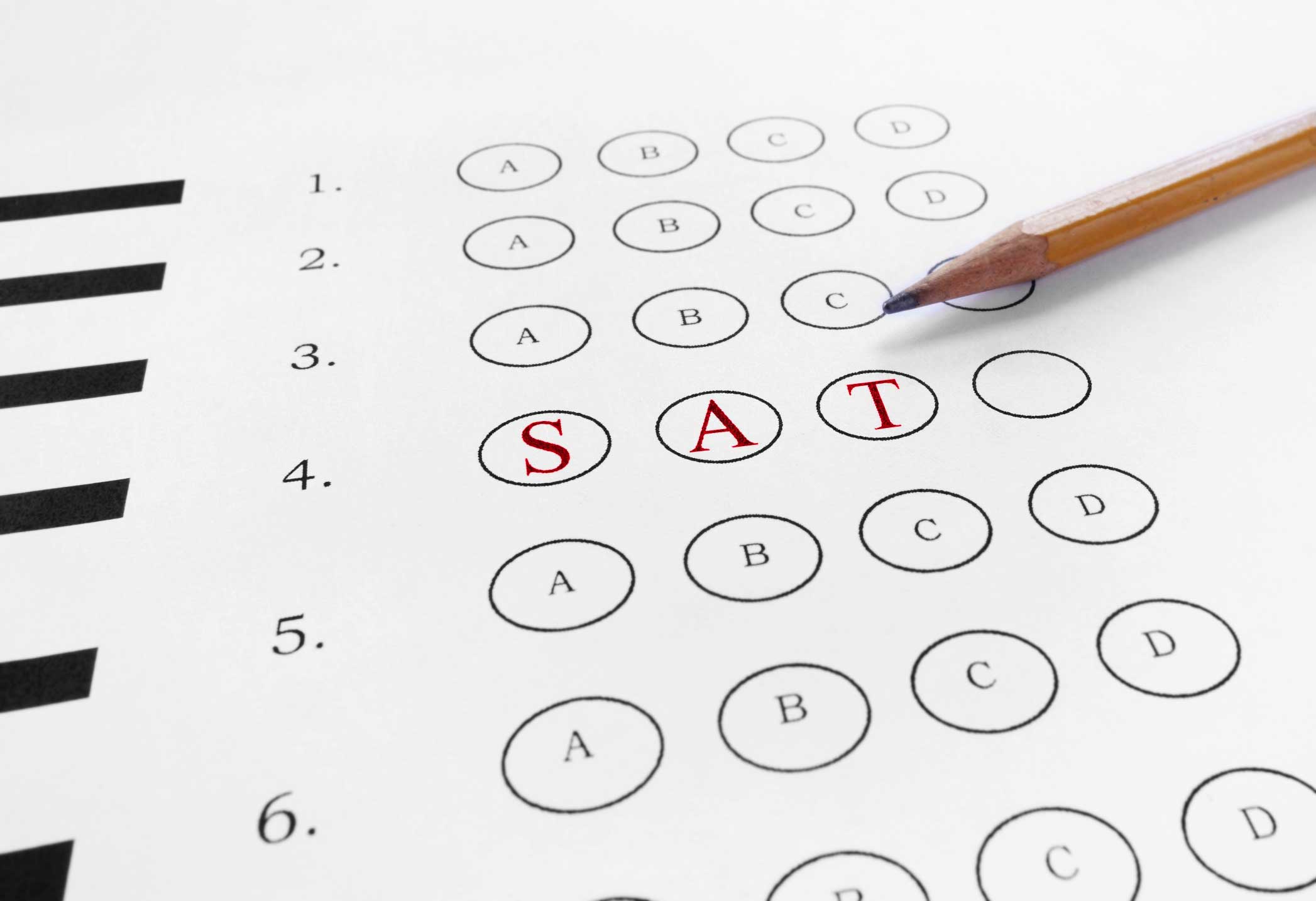GUIDO PETRI
Os SATs

Durante os oito meses que tive entre acabando o meu Abitur no Brasil (em novembro de 2013) e me inscrevendo em minha universidade alemã (aproximadamente julho de 2014), eu fiz os SATs, como uma medida das minhas habilidades e simplesmente por diversão. A prova foi feita na Escola Graduada em São Paulo no dia 3 de maio de 2014.
Foi em maior parte exatamente o que eu esperava. Na realidade não aprendi muito para a prova, usando só a função online da "pergunta do dia" do CollegeBoard para me acostumar com o estilo dos exercícios. Não tive muitos problemas com o tempo da prova ou qualquer tipo de ansiedade durante. A parte mais difícil para mim foi a seção Writing, já que sempre tive dificuldades na área não só em inglês, mas em português e alemão também.
No fim, minhas notas foram 740 Reading (Leitura); 800 Math (Matemática); e 620 Writing (Escrita), para um total de 2160/2400 ou 1540/1600. Isso me colocou nos melhores 2% que fizeram a prova (de acordo com essa escala pelo CollegeBoard).
Transcrevi aqui uma cópia do texto que escrevi para os SATs. Mantive o texto em inglês para refletir o que realmente escrevi naquele dia. Re-lendo após só dois anos, realizo também que mudei a minha opinião levemente. Entretanto, as minhas palavras ainda me convencem.
Public opinion - the sum of the attitudes or beliefs held by a majority of the population - is primarily expressed through the media or public opinion polls. Leaders and politicians are often swayed by it, believing that public opinion is everything. Yet true leaders should not listen to what the public thinks; they should follow their own convictions, whether or not the majority of their fellow citizens agree with them.
Should leaders follow their own convictions or submit to public opinion? Plan and write an essay in which you develop your point of view on this issue. Support your position with reasoning and examples taken from your reading, studies, experience, or observations.
True leaders follow their own convictions, regardless of public opinion. It is often the case that public opinion is biased or unfair, and leaders of society should not follow these incorrect assumptions. An example of this is reverend Martin Luther king, Jr. and his fight for racial equality.
In the 60's, black people were often put at an unfair disadvantage when compared to caucasians. There were "colored" sections of the bus, "colored" restaurants and "colored" water fountains. Public opinion dictated that this segregation continue, but Martin Luther King, Jr. was strongly against this continued discrimination. He fought public opinion, believing that everyone should have equal rights, and nowadays we have a black president. The election of Barack Obama was proof that Martin Luther King's conviction that there should be racial equality has come true.
Public opinion is often based on past occurrences, and can easily be swayed by means of force. After World War II, several Germans admitted to being against Hitler's antisemitism and blatant violation of human rights, but public opinion during the war said that the Germans were all Nazis and agreed with Hitler's ideas. Several times, public opinion is incorrect not only from a public point of view but also from a humanitarian.
By following their own convictions, leaders guarantee that they will not be swayed or driven from their values by the public. If their convictions truly are correct, they will attain support, regardless of public opinion. Leaders must lead society to a more egalitarian state, not accept the status quo, just as Martin Luther King did in the 60's.


